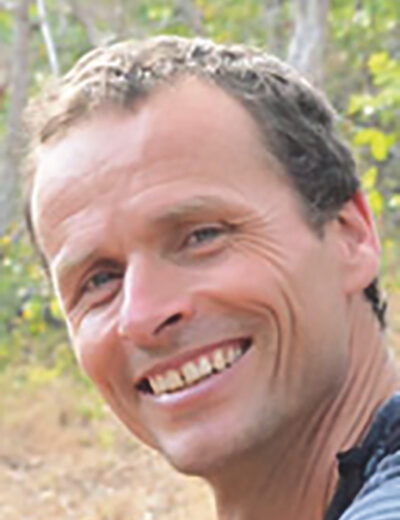
These projects were made possible from Cure Alzheimer's Fund support.
| Project Description | Researchers | Funding |
|---|---|---|
| Human-Specific Evolution of CD33: Evolutionary Relationship to Ancient Host-Pathogen Interactions and Current Implications for Alzheimer’s Disease |
2018-2019 $345,000 |